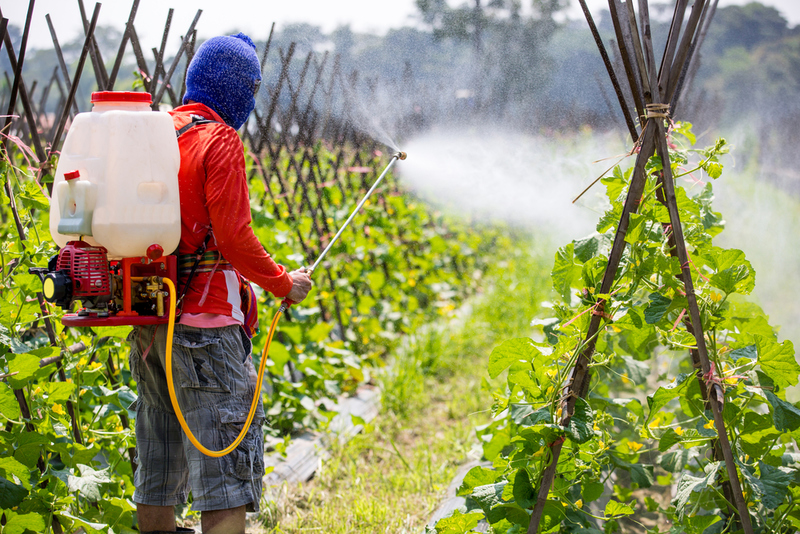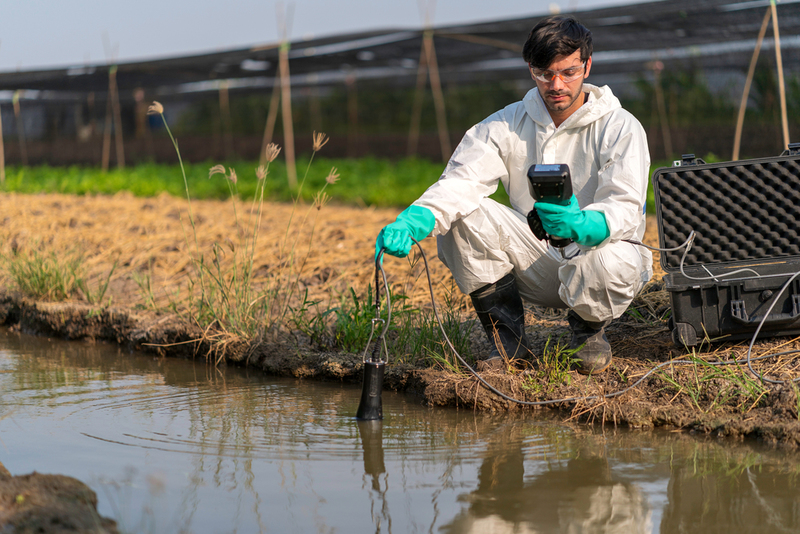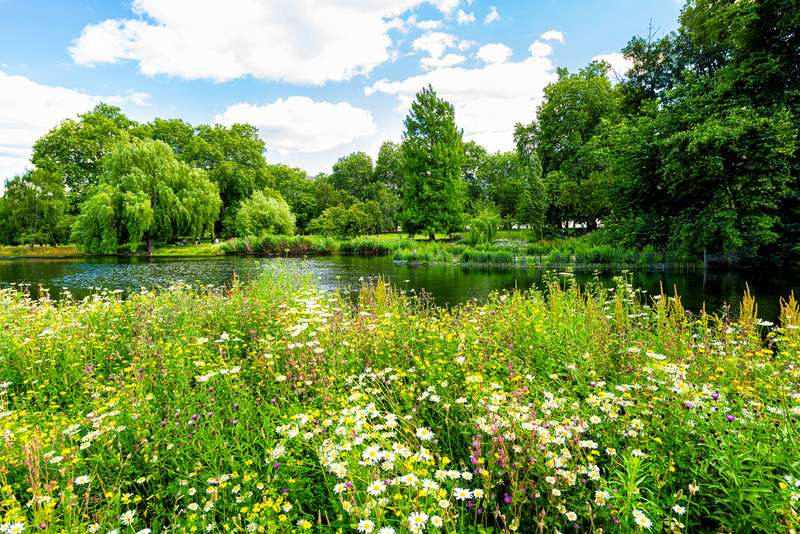
However, modern-day agricultural practices have initiated the process of agricultural pollution and started causing damage to ecosystems, farmlands, and the environment.
Once pesticides are sprayed, they do not disappear completely. Some of them mix with water and get absorbed into the ground. The rest is absorbed by the plants. As a result, local streams supplied with water from the ground are polluted, as are the animals that eat these plants.
Most of the water we use comes from groundwater sources, canals, and rainwater. Although much of it is clean and pure water, some sources are contaminated by heavy metals and organic compounds.

This is due to the dumping of agricultural and industrial waste in local waterbodies. As a result, plants are exposed to water with high amounts of mercury, arsenic, lead, and cadmium dissolved in it.
Soil has many layers and only the top layer can support farming or grazing. Poor farming practices result in declining fertility each year and the soil is left exposed to erosion.
Using natural manure over chemical fertilizer is an effective way to reduce chemicals seeping into the soil while also ensuring you get a better crop yield.
Planting trees and shrubs near rivers or lakes will help reduce chemical waste polluting the water.

How? The trees and shrubs will soak up any chemicals and pollutants before it reaches the water.
Ensuring that whatever food you feed your farm animals is organic and pesticide-free will greatly reduce agricultural pollution from animal waste.